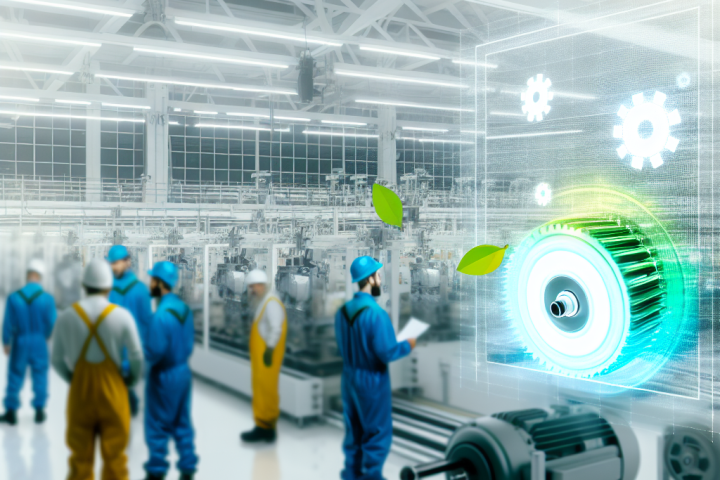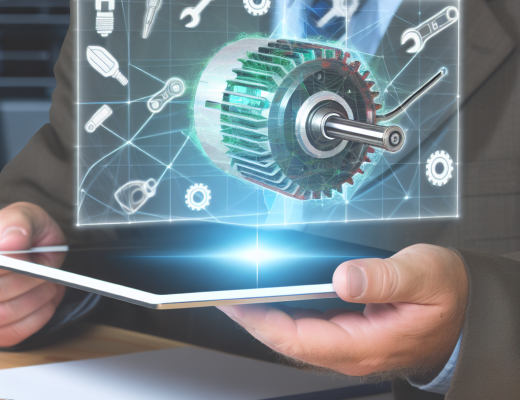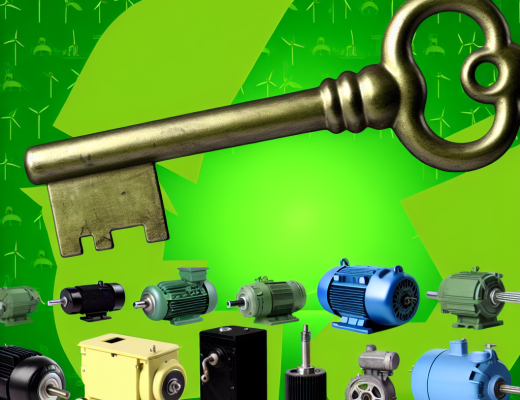Electric motors are fundamental to the operation of countless applications from household appliances to industrial machinery. Their primary role is to convert electrical energy into mechanical energy, powering everything from fans and pumps to conveyors and cranes. The efficiency and reliability of electric motors directly impact the productivity and energy consumption of the various systems they power. For a comprehensive understanding of how these motors work and their importance across diverse sectors, watch this informative video:
.Advancements in Electric Motor Technology
Recent advancements in technology have led to the development of more efficient and durable electric motors. These modern motors are designed to use less energy, produce less heat, and operate at lower noise levels compared to traditional models. This evolution is critical as industries push towards reducing their carbon footprint and enhancing energy efficiency. High-efficiency motors are now capable of reducing electricity use significantly, which not only cuts down on operating costs but also contributes to environmental sustainability.
Furthermore, the integration of smart technologies with electric motors allows for better performance monitoring and predictive maintenance. By using sensors and advanced analytics, companies like VYBO Electric are providing solutions that predict failures before they occur, thereby minimizing downtime and maintenance costs. This proactive approach in monitoring helps industries avoid unexpected breakdowns and maintain continuous operations, enhancing overall productivity.
In conclusion, the role of electric motors in modern industry cannot be overstated. With continuous improvements in motor technology and the integration of smart systems, the future of industrial automation and efficiency looks promising. This trend not only supports global efforts toward energy conservation but also improves the reliability and lifespan of the machinery that powers the industrial world.




